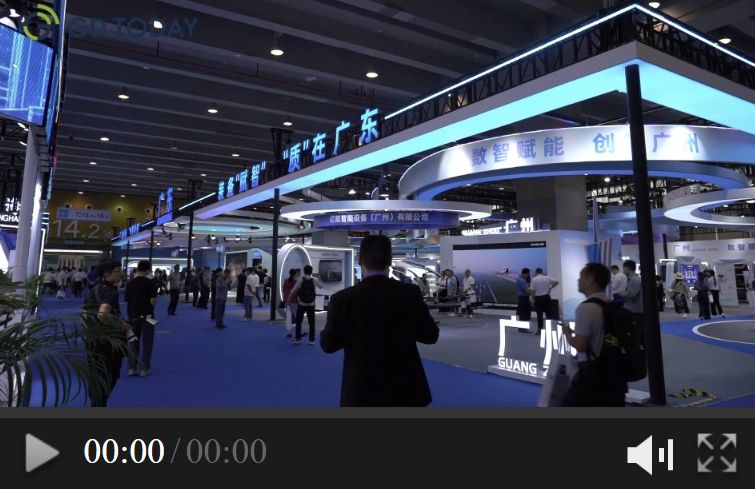The 19th China International Small and Medium Enterprises (SME) Fair commenced on November 15 in Guangzhou, with 1,877 companies from both domestic and international markets occupying a total of 2,791 exhibition booths.
Global Bridge for SMEs
This edition of the SME Fair has drawn 400 companies from 35 countries and international organizations, reinforcing its role as a vital bridge for global SMEs entering the Chinese market and for Chinese SMEs expanding globally.
The exhibitors have brought a diverse range of local specialty products, spanning food and beverages, consumer goods, handicrafts, textiles, cosmetics, fashionable apparel, and more.
Digitalization: future path for SMEs
At the opening ceremony of the SME Fair, a digital empowerment initiative for SMEs was launched. Liang Zhifeng, Director of the SME Bureau of the Ministry of Industry and Information Technology (MIIT), announced the SME Digitalization Empowerment Special Action Plan (2025-2027).
The MIIT aims to accelerate the digital transformation of SMEs, with a goal to achieve full digital renovation coverage of 'little giant' SMEs by 2027.
When it comes to how countries can jointly promote the sustainable development of SMEs, Jin Zhuanglong, Minister of Industry and Information Technology, suggested deepening exchanges and practical cooperation. He called for increased policy communication and coordination for SME development, active project collaboration, and stronger intellectual property protection to better integrate SMEs into global industry, supply, and value chains for higher quality and resilient growth.
Promoting international openness and cooperation
To encourage SME participation in high-level international cooperation, the fair includes a series of supporting activities such as overseas business promotions, China-ASEAN SME industry chain business docking meetings, and Chinese enterprises’ overseas activities in Europe (Ireland).
These events aim to deepen international exchanges and foster comprehensive cooperation among SMEs from various countries and regions in industry and supply chain fields.
In recent years, Chinese SMEs have focused on specialization, refinement, niche market dominance, and innovation, with over 140,000 SMEs and 14,600 'little giant' enterprises cultivated. Additionally, 300 SME characteristic industry clusters have been established, along with 15 cooperation zones for Chinese and foreign SMEs.
Leveraging the fair as an opportunity, Guangdong will maintain an open and inclusive stance, fostering a new ecosystem of mutual benefit. In further developing the multilateral trading system, Guangdong creates a first-class business environment characterized by marketization, rule of law, and internationalization, and continuously advances trade and investment liberalization and facilitation, to provide a stable and predictable development environment for SMEs.
Reporter | Guo Chuhua
Video | Zeng Xiangxing
Editor | Hu Nan, James, Shen He

